Dog Breed
Pembroke Welsh Corgi
Friendliness
Exercise Needs
Health Issues
Barking Tendencies
Grooming Needs
Shedding Level
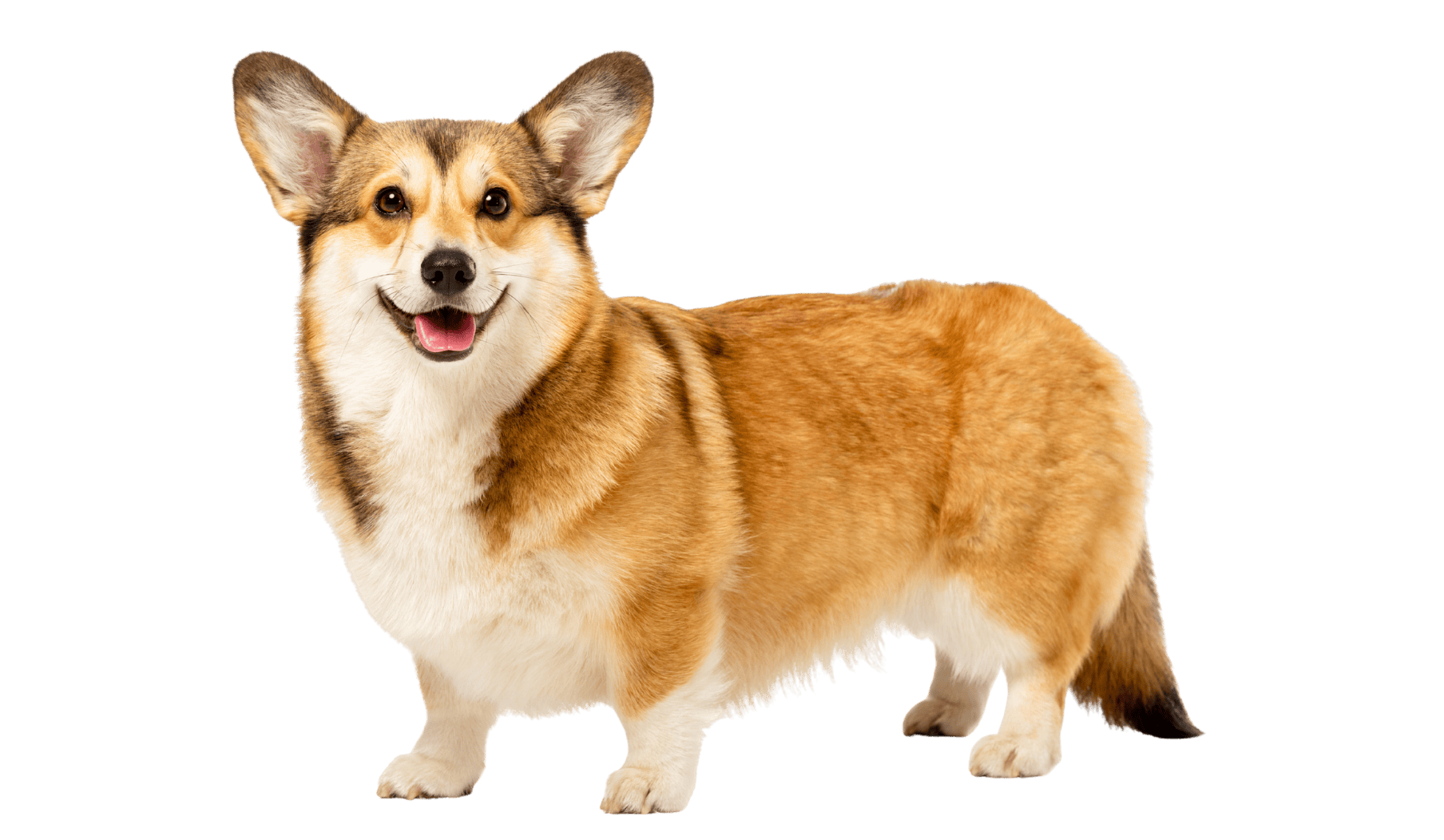

Lover of life
Short, sturdy, and full of confidence, Pembroke Welsh Corgis are lively dogs with a big personality packed into a small frame. Friendly and affectionate with their people, they’re known for forming strong bonds and loving being involved in family life.
Originally bred as herding dogs, Corgis are intelligent, alert, and always on the lookout for something to do. They thrive when given structure, exercise, and a sense of purpose, making them best suited to active households.
Caring for your Pembroke Welsh Corgi
Nutrition
Choosing the right food
Every dog is unique. From small companions to large, active breeds with different nutritional needs. ROYAL CANIN® Size Health Nutrition is designed to support dogs based on their size and life stage, helping maintain overall health, vitality and wellbeing. These formulas use carefully selected protein sources, targeted nutrients and tailored kibble to support digestion, energy levels, and bone and joint health across small, medium and large dogs.
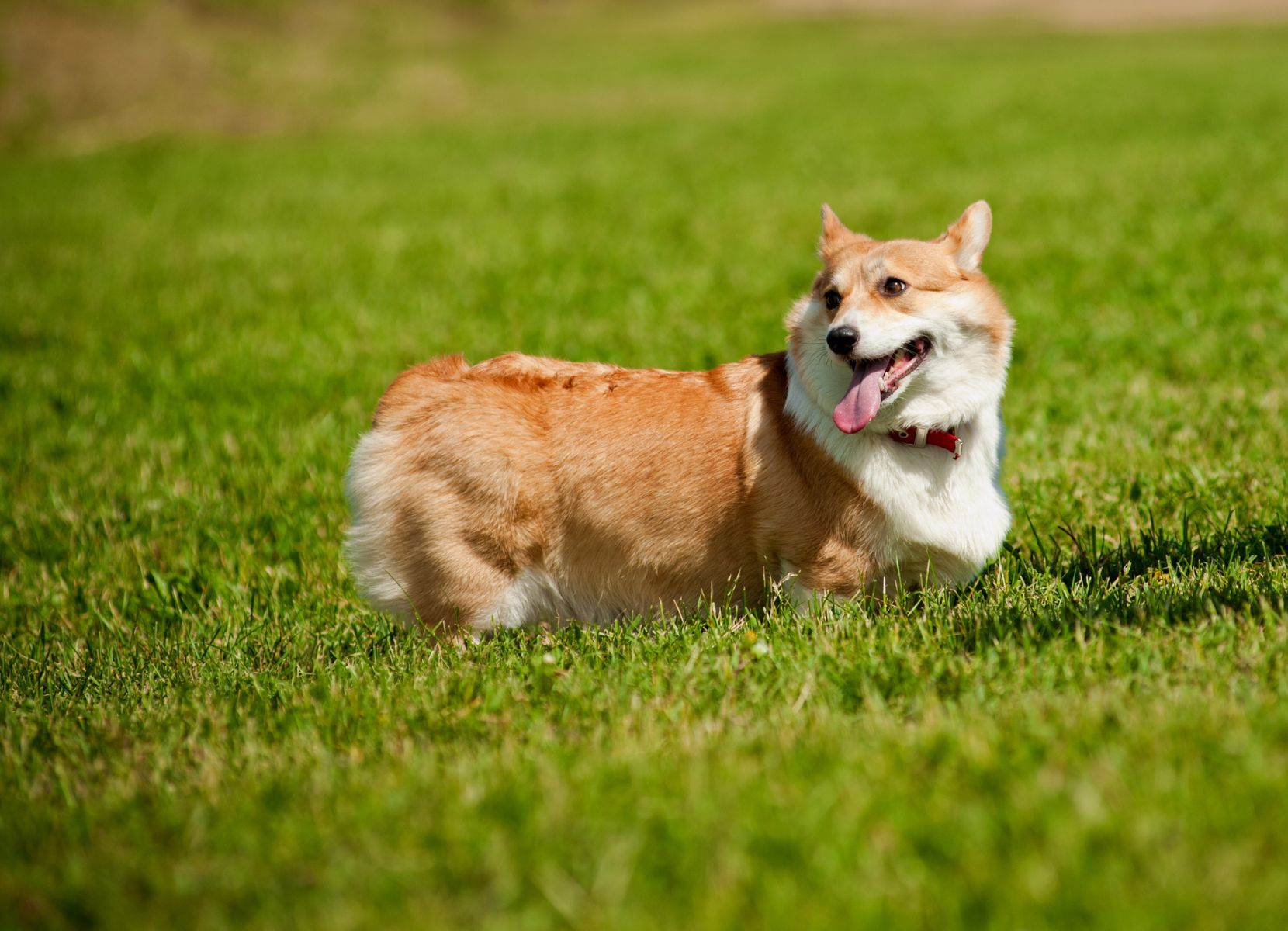
Exercising your dog
Pembroke Welsh Corgis are energetic dogs that need daily exercise to stay physically and mentally happy. Aim for at least one hour of activity each day, whether that’s walks, playtime, or training.
They enjoy brisk walks and short bursts of activity, but they’re not built for long-distance running. Keep an eye on pace and terrain, especially in hot weather.
Mental exercise is just as important. Games like hide and seek, agility-style activities, and puzzle toys help keep busy Corgi minds occupied and prevent boredom.
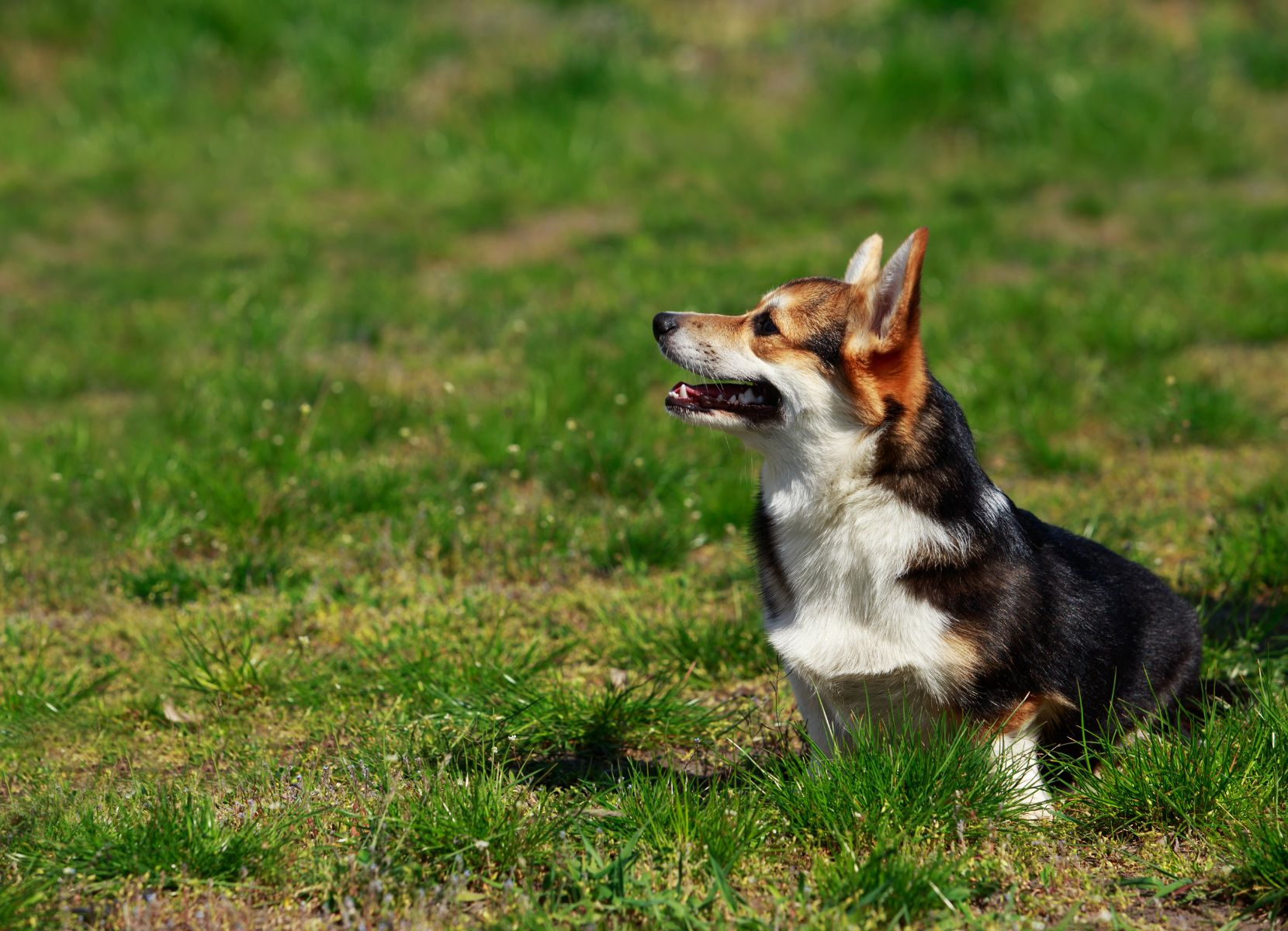
Training your Pembroke Welsh Corgi
Corgis are bright, enthusiastic learners, but they can also be stubborn and independent. Training works best when it’s consistent, engaging, and started early.
Focus on basic obedience, lead walking, and recall, as herding instincts can lead to nipping or chasing moving feet. Clear boundaries help curb these behaviours.
Positive reinforcement is key. Using praise, treats, and play keeps training enjoyable and strengthens the bond between you and your Corgi.
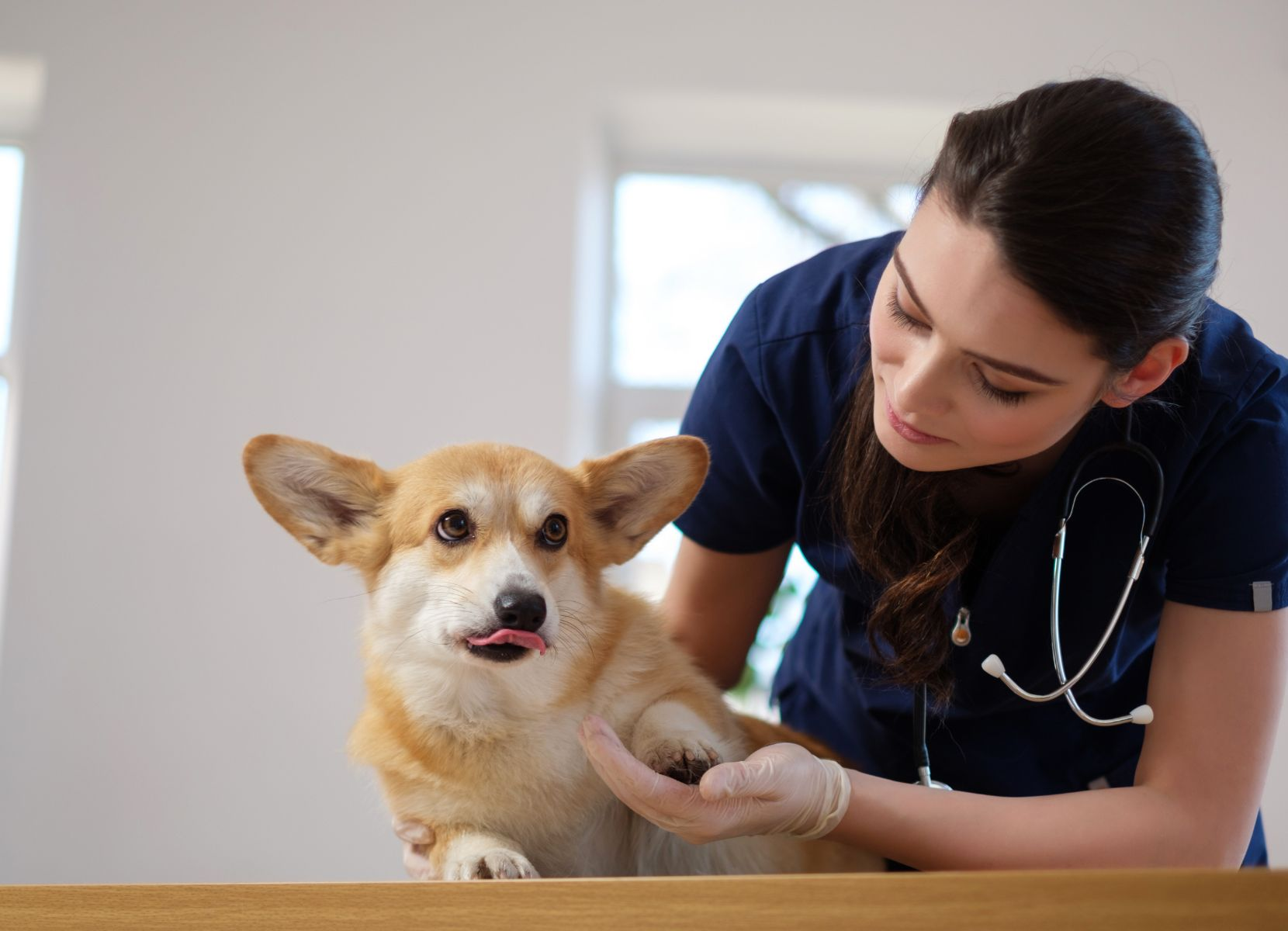
Your dog's health
By recognising health problems in Pembroke Welsh Corgis early you can seek advice and treatment from a veterinarian.
Reduce the risk of health problems by purchasing a puppy from a responsible breeder. Always inspect breeding facilities and breeding dogs, and never buy from a distant online seller.
Health Issues to watch out for:
Spinal Issues
Joint Issues
Degenerative Myelopathy
Epilepsy
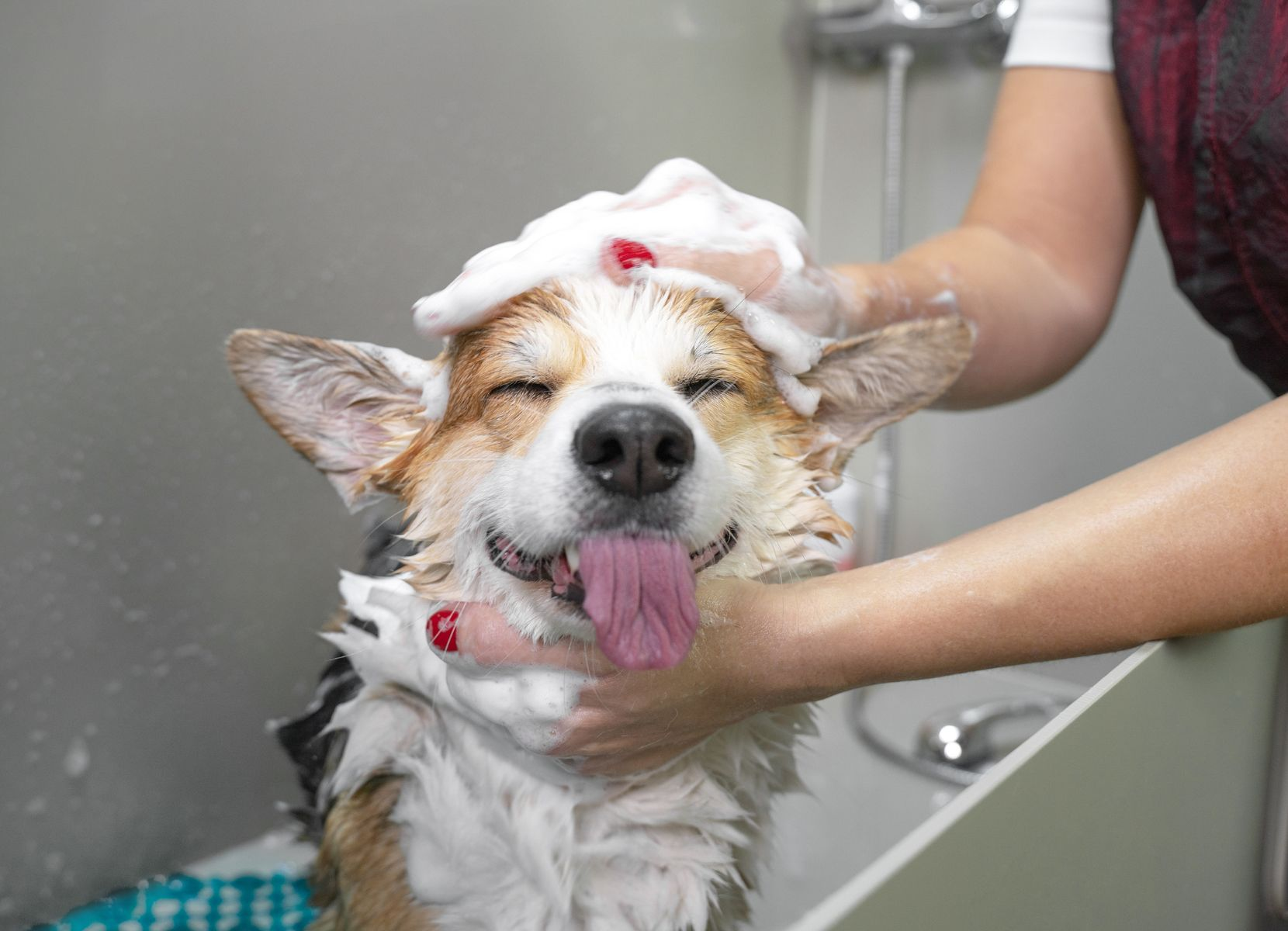
Grooming your dog
Corgis have a short, double coat that sheds year-round, with heavier shedding during seasonal changes. Brushing several times a week helps manage loose hair.
During peak shedding, daily brushing with a deshedding tool can make a big difference. Baths can help loosen dead hair when needed.
Regular nail trims, ear checks, and daily teeth brushing should be part of their routine to keep them comfortable and healthy.
Key characteristics of Pembroke Welsh Corgis
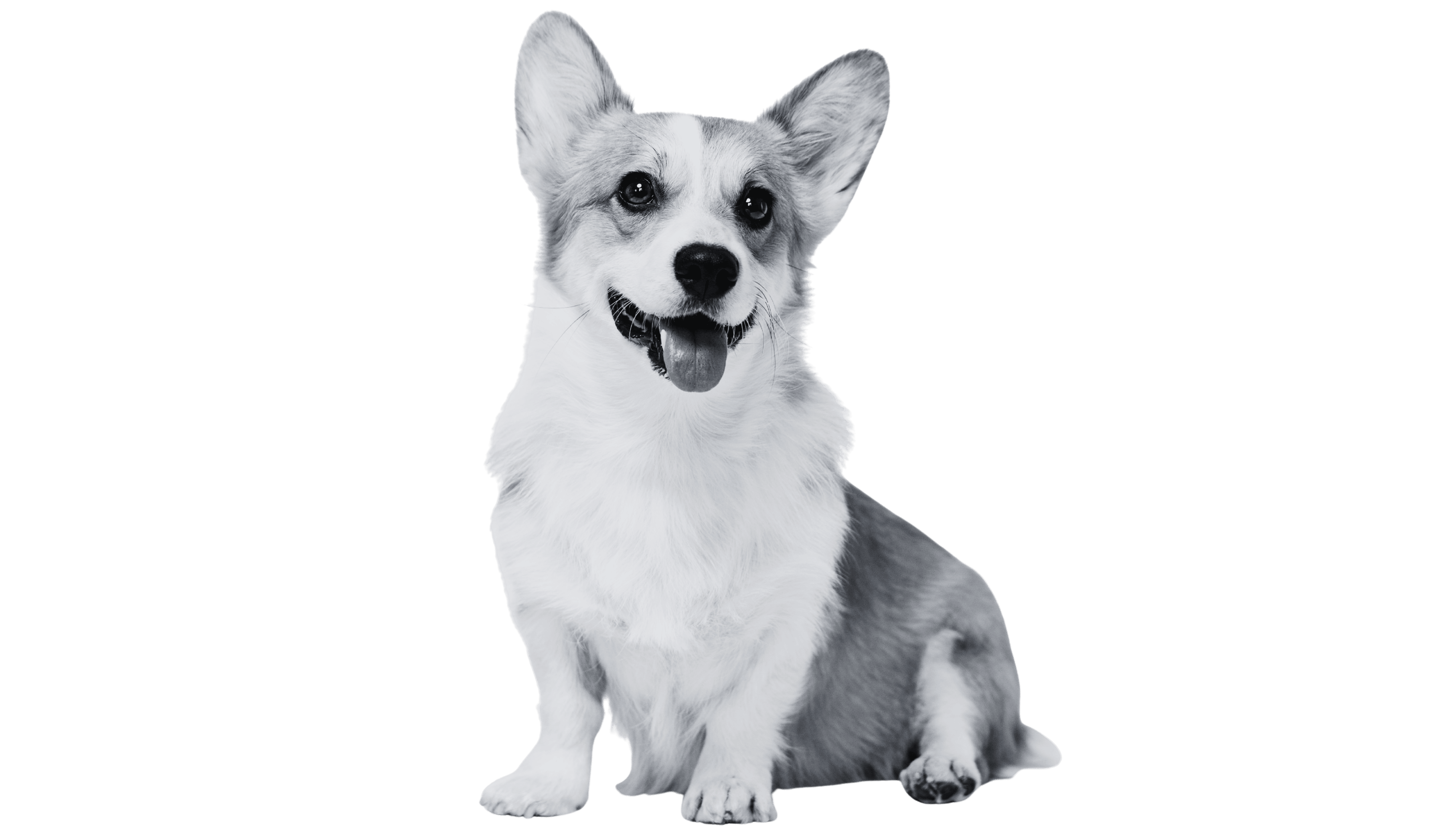
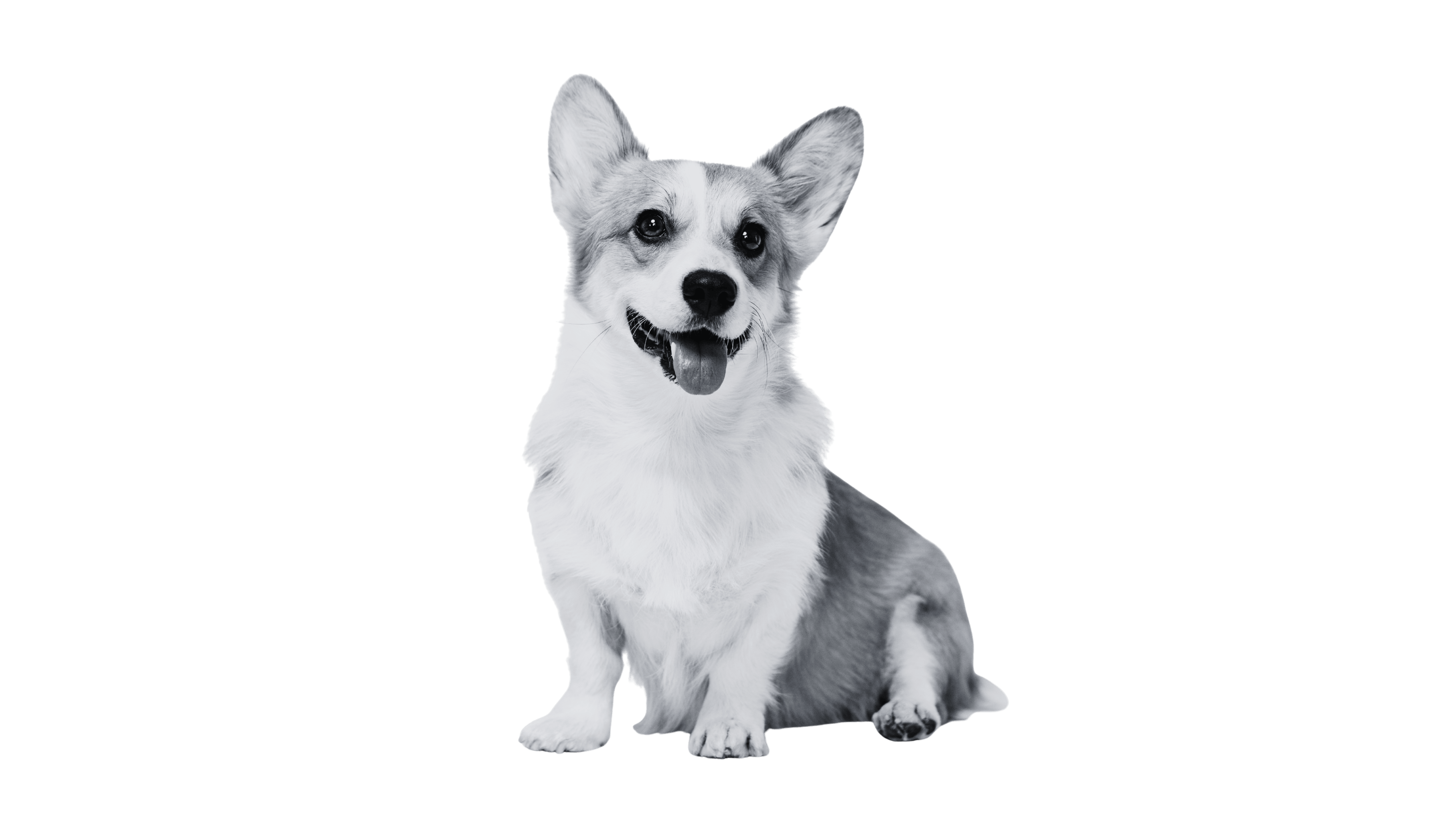
Pembroke Welsh Corgi FAQs
Pembroke Welsh Corgis are known for their intelligence, energy, and unmistakable looks. These FAQs answer common questions about living with a Corgi, from exercise needs to everyday care.
Are Pembroke Welsh Corgis good family dogs?
Yes. They’re affectionate and social, but supervision is recommended around young children due to herding instincts.
Do Pembroke Welsh Corgis need a lot of exercise?
Yes. Despite their size, they have high energy levels and need daily physical and mental stimulation.
Are Pembroke Welsh Corgis easy to train?
They’re intelligent and eager to learn, but consistency is important to manage stubborn tendencies.
Do Pembroke Welsh Corgis bark a lot?
They can be vocal and aren’t afraid to use their bark, especially when alerting or bored.
Are Pembroke Welsh Corgis prone to health issues?
Their long backs and joints can be vulnerable, so weight management and preventative care are important.
This FAQ section highlights everything you need to know about living with a Pembroke Welsh Corgi. With the right exercise, training, and routine, Pembroke Welsh Corgis make loyal, entertaining companions for active households.

